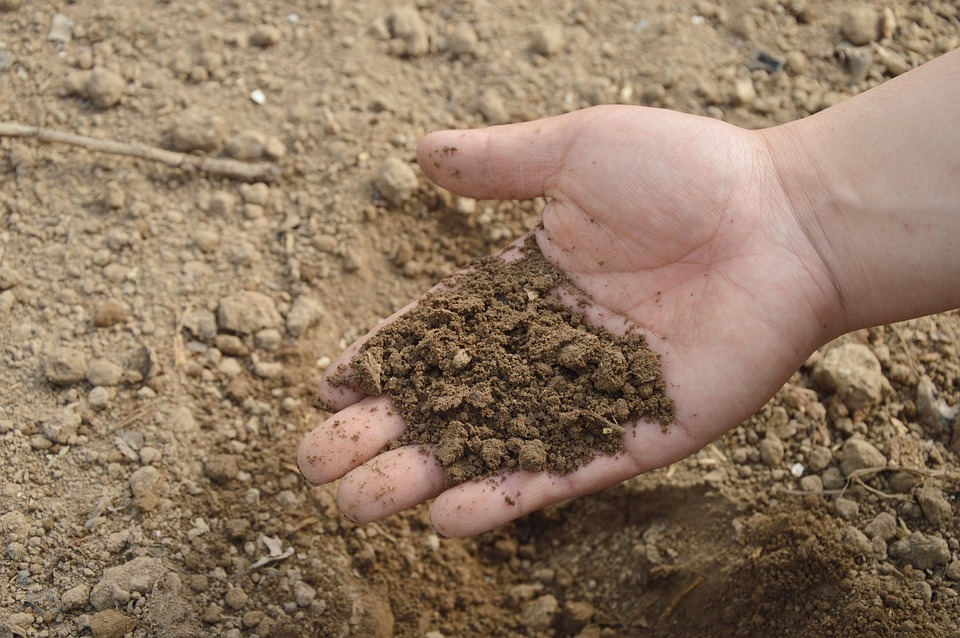Introduction
Soil is a fundamental natural resource that plays a vital role in sustaining life on Earth.
It serves as the foundation for agriculture, providing nourishment for plants and ultimately for all living creatures.
Unfortunately, in recent years, soil degradation has become a pressing global concern, threatening food security, biodiversity, and the overall health of our ecosystems.
In this article, we will explore the importance of soil care in conservation efforts and discuss how we can protect this invaluable resource for future generations.
The Importance of Soil Care
Soil conservation is crucial for maintaining healthy ecosystems and ensuring sustainable agricultural practices.
Here are some key reasons why soil care is of utmost importance:
- Biodiversity Preservation: Healthy soil supports a diverse array of organisms, including bacteria, fungi, insects, and worms.
- Enhanced Food Security: Soil degradation reduces agricultural productivity, making it harder to produce enough food to feed a growing global population.
- Water Retention and Quality: Healthy soil acts as a natural sponge, absorbing and retaining water, preventing runoff, and promoting adequate water filtration.
- Climate Change Mitigation: Soil plays a critical role in carbon sequestration.
Conservation Strategies for Soil Care
To protect our planet’s vital resource, we must adopt conservation strategies that prioritize soil care.
Here are some effective practices:
- Preventing Soil Erosion: Implementing physical barriers such as contour plowing, terracing, and windbreaks can minimize erosion caused by water and wind, preserving precious topsoil that is rich in nutrients.
- Using Organic Farming Techniques: Organic farming reduces the use of synthetic fertilizers and pesticides, relying instead on natural methods to promote soil health and fertility.
- Applying Crop Rotation and Cover Crops: Rotating crops and introducing cover crops helps maintain soil productivity, prevent pest and disease buildup, and reduce the need for chemical inputs.
- Adopting Sustainable Land Management Practices: Techniques like agroforestry, conservation tillage, and proper irrigation management can optimize land use and protect soil from degradation.
The Role of Education and Awareness
In addition to implementing conservation strategies, educating and creating awareness among individuals and communities is crucial to fostering responsible soil care practices.
Promoting sustainable agriculture and providing training opportunities for farmers can contribute to the widespread adoption of soil-friendly practices.
Furthermore, empowering consumers to make informed choices about sustainably produced food can drive market demand for environmentally friendly agricultural practices, promoting a positive feedback loop.
FAQs
1. Why is soil conservation important?
Soil conservation is important because:
- It supports biodiversity preservation
- It enhances food security
- It improves water retention and quality
- It contributes to climate change mitigation
2. What are some effective soil care practices?
Some effective soil care practices include:
- Preventing soil erosion
- Using organic farming techniques
- Applying crop rotation and cover crops
- Adopting sustainable land management practices
3. How can education and awareness contribute to soil conservation?
Education and awareness can contribute to soil conservation by:
- Promoting sustainable agriculture
- Providing training opportunities for farmers
- Empowering consumers to make sustainable choices




